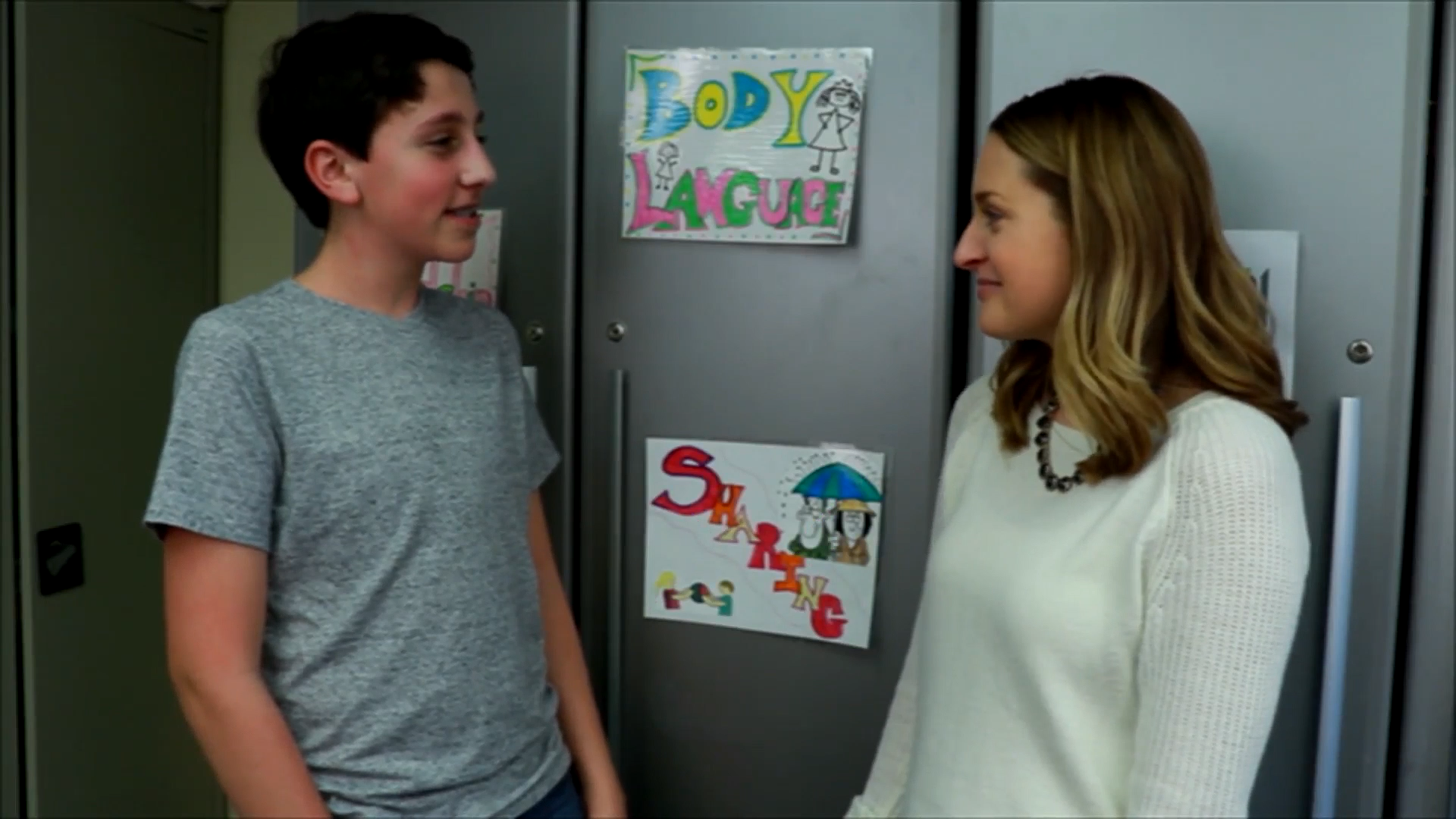
Introduction
Active Listening is a crucial skill for students in Special Education. It involves using our eyes, face, and body to show that we are interested and paying attention to others. When we actively listen, we demonstrate that we care about the speaker and what they are saying, ultimately fostering positive communication and relationships. In this blog post, we will explore a no-prep activity to teach Active Listening, discuss relevant questions, and highlight related skills for students.
No-Prep Activity: The Listening Mirror
This simple yet effective activity requires no preparation or materials from the educator. The goal is to help students practice Active Listening by mirroring the speaker’s body language and facial expressions.
- Pair up students and have them sit facing each other.
- Designate one student as the speaker and the other as the listener.
- Provide a topic for the speaker to talk about, such as a favorite hobby, a recent experience, or a future goal.
- As the speaker shares their thoughts, the listener should practice Active Listening by:
- Looking at the speaker
- Facing their body towards the speaker
- Nodding their head
- Displaying an interested facial expression
- Keeping their hands and feet quiet
- After a few minutes, have the students switch roles and repeat the process.
- Once both students have had a chance to practice Active Listening, encourage them to share their experiences and what they learned from the activity.
Discussion Questions
- Why is Active Listening important for building positive relationships with others?
- What challenges did you face while trying to actively listen during the activity? How can you overcome these challenges?
- How do you feel when someone actively listens to you? How do you feel when someone is not actively listening?
- What are some situations where Active Listening is particularly important?
- Can you think of a time when you could have improved your Active Listening skills? How would it have changed the outcome of the situation?
Related Skills
In addition to Active Listening, there are several other skills that can help students in Special Education foster positive communication and relationships. These include:
- Empathy: Understanding and sharing the feelings of others.
- Nonverbal Communication: Expressing oneself through body language, facial expressions, and gestures.
- Effective Speaking: Clearly and confidently communicating thoughts, ideas, and feelings.
- Problem Solving: Identifying and resolving conflicts or challenges in a constructive manner.
- Teamwork: Collaborating and cooperating with others to achieve a common goal.
Next Steps
Now that you have a better understanding of Active Listening and its importance in Special Education, we encourage you to explore more skills and activities that can help your students thrive. To get started, sign up for free samples of skill-based materials and resources at Everyday Speech.

